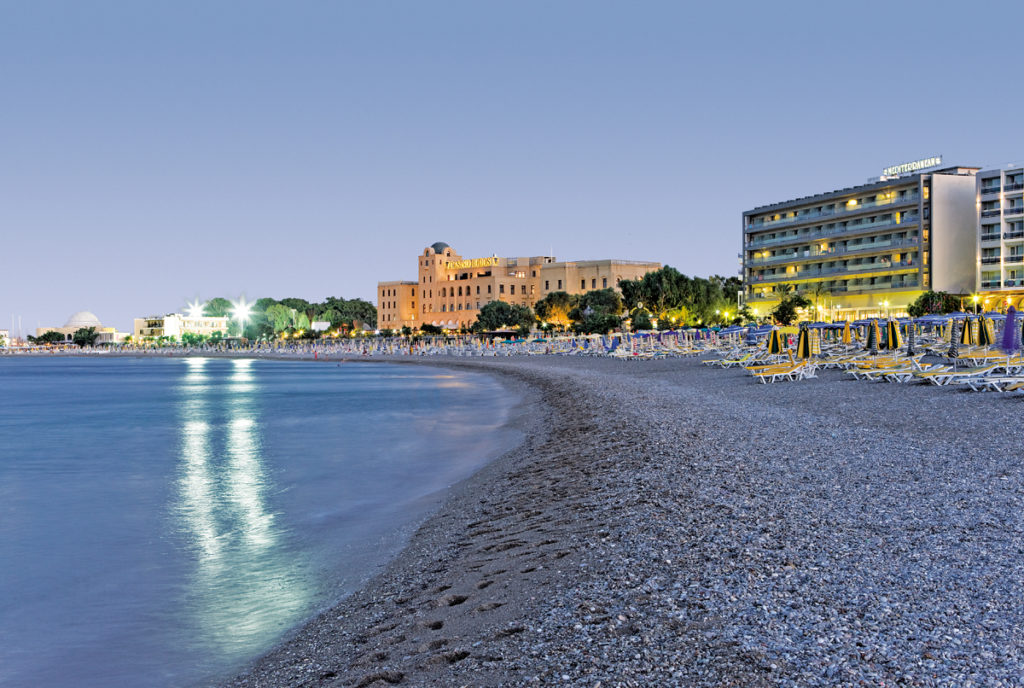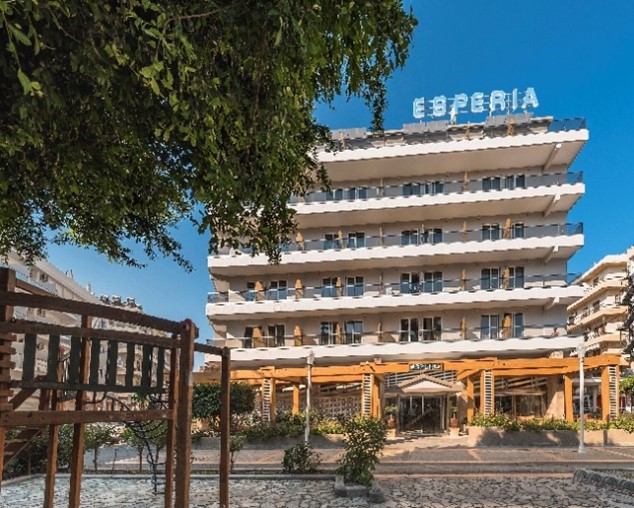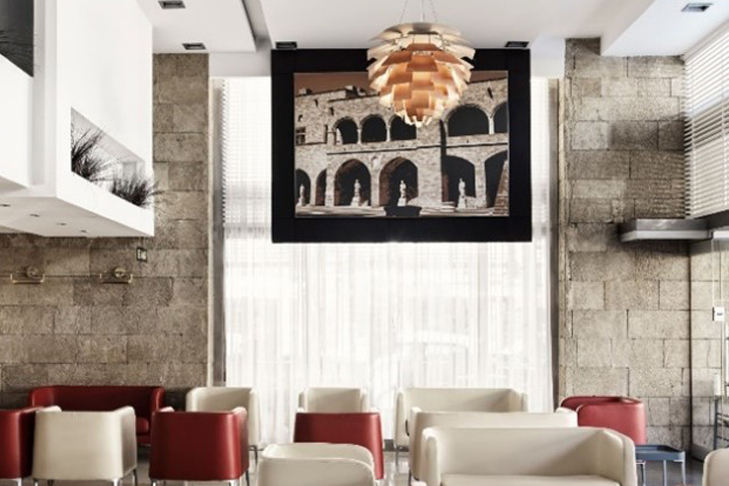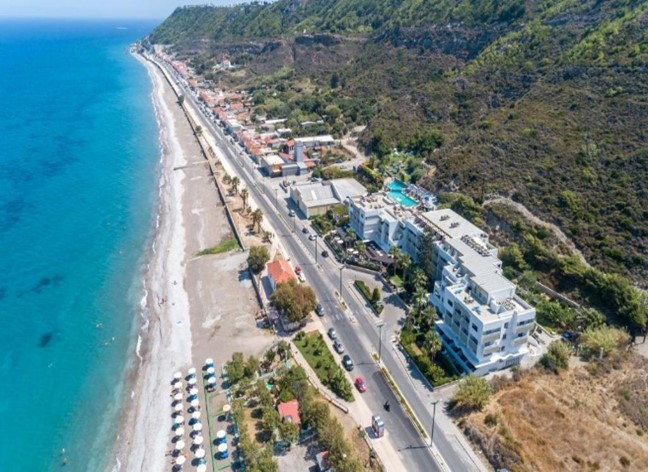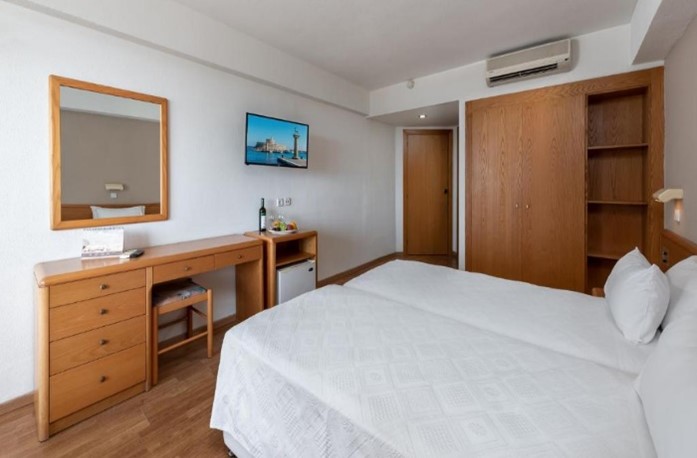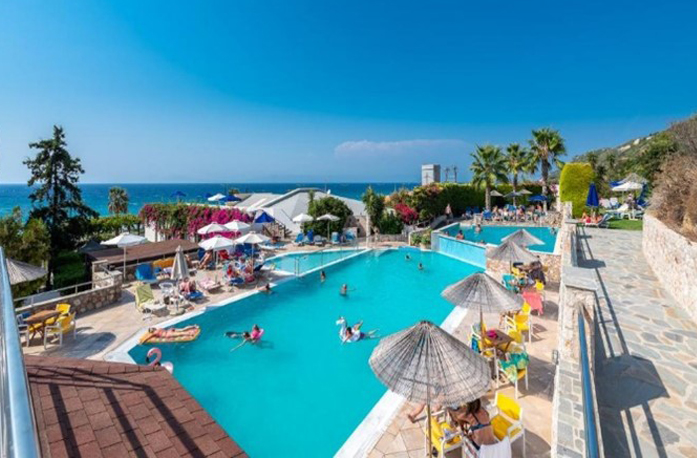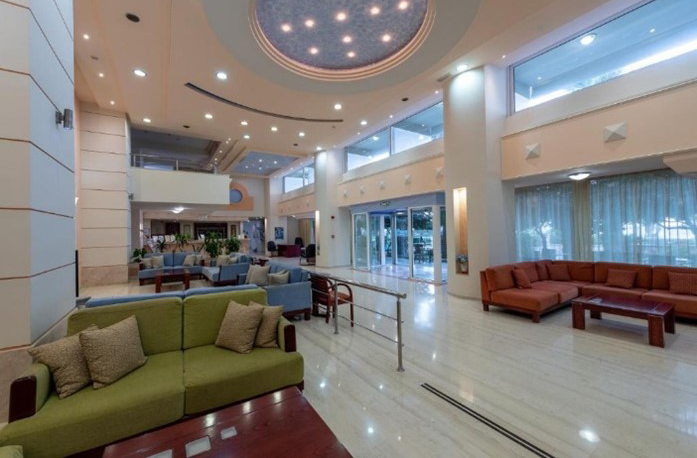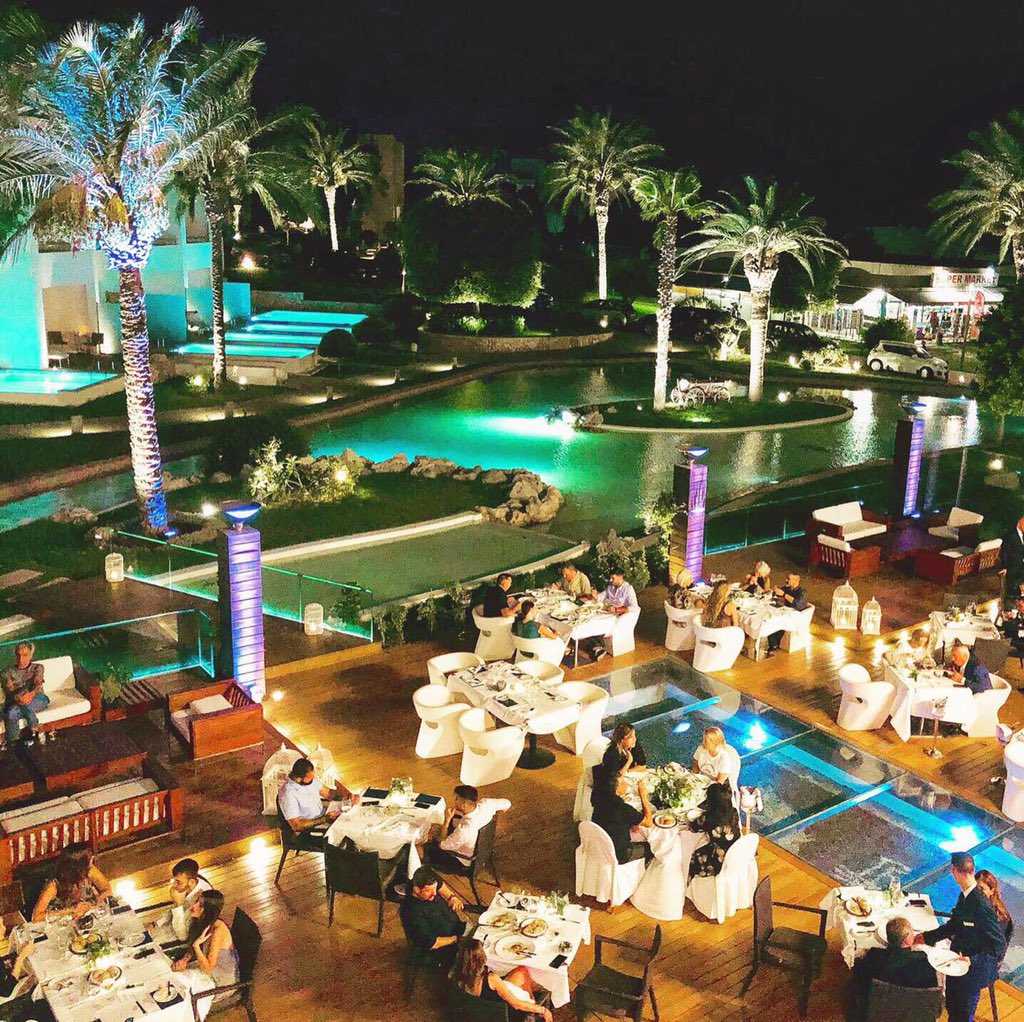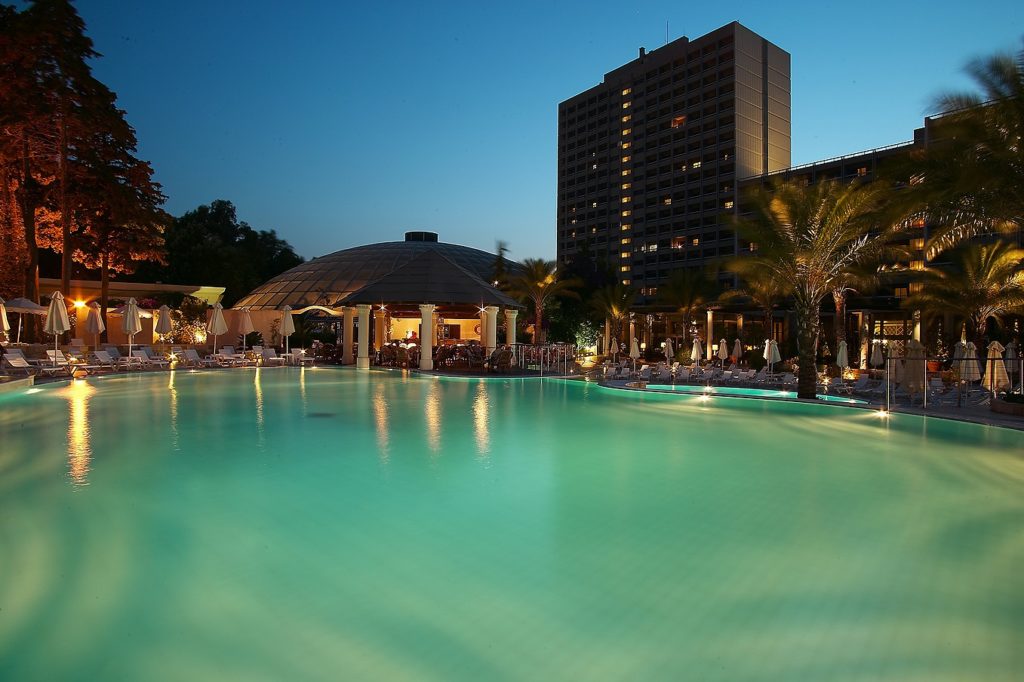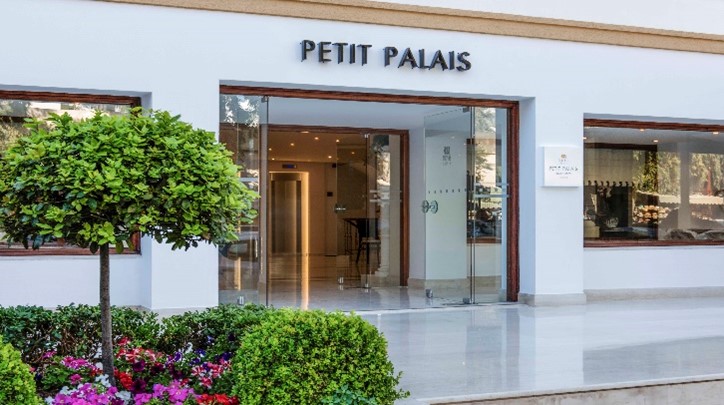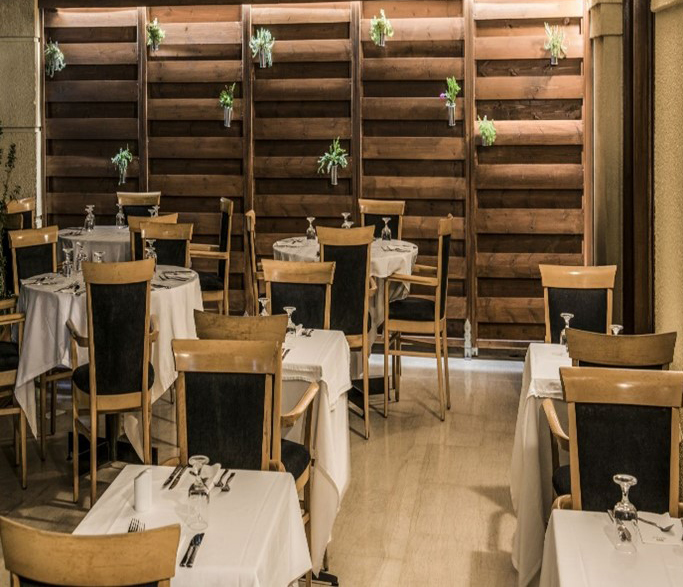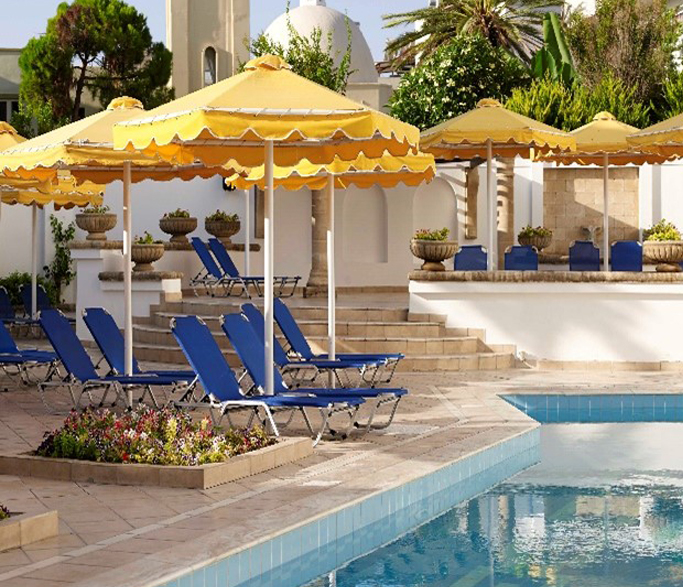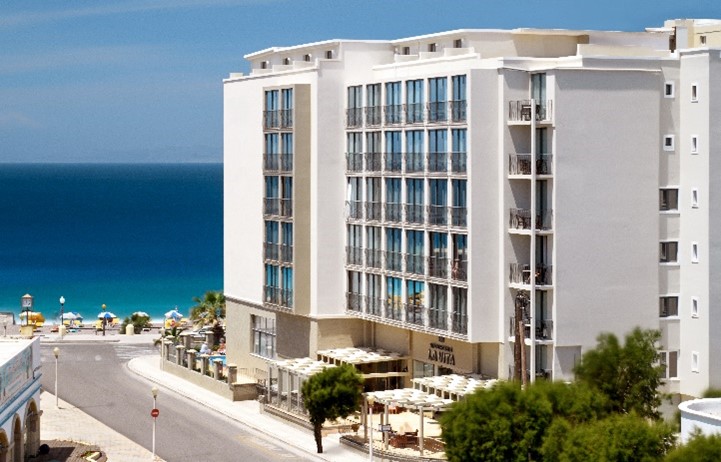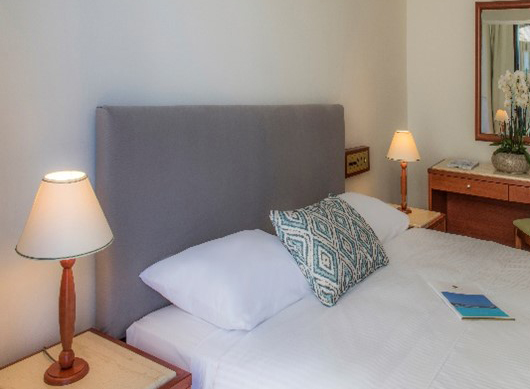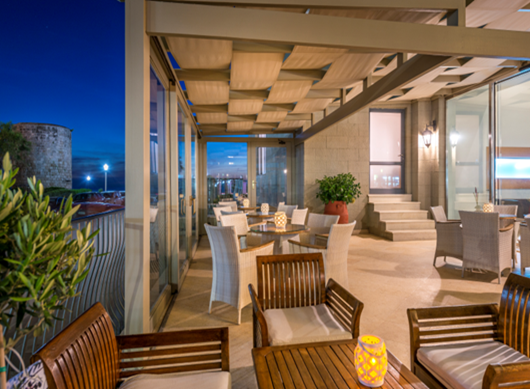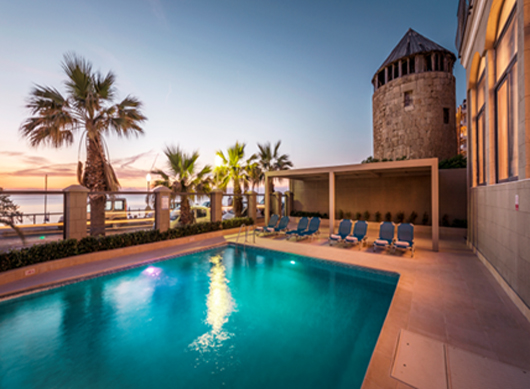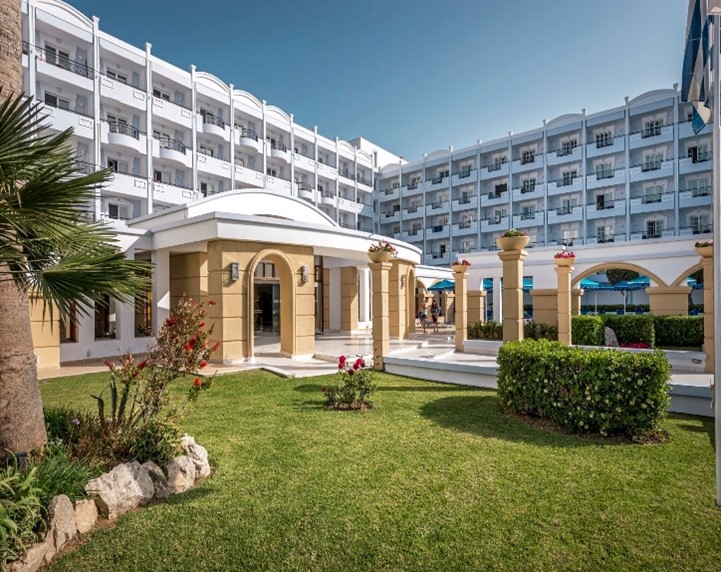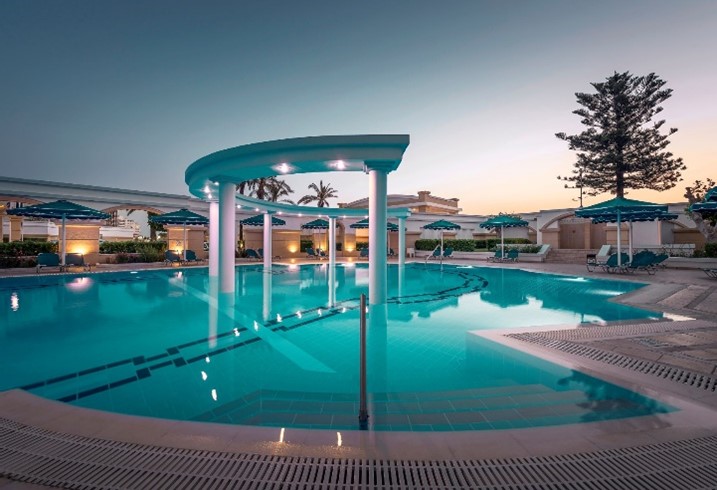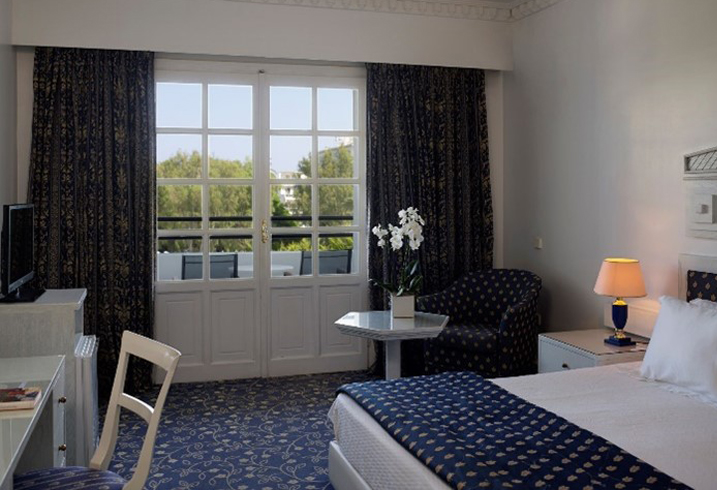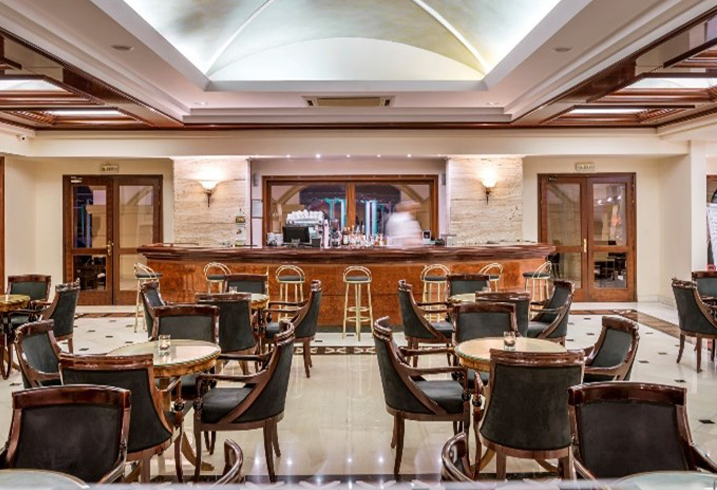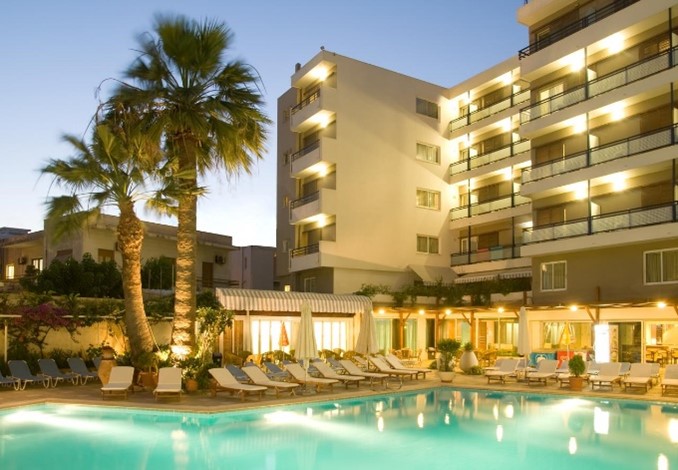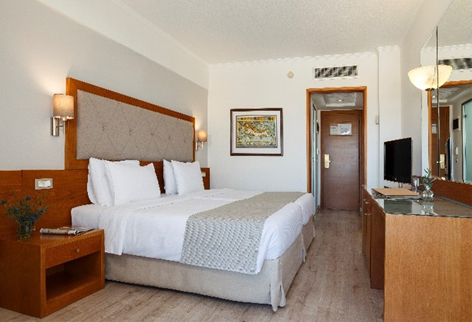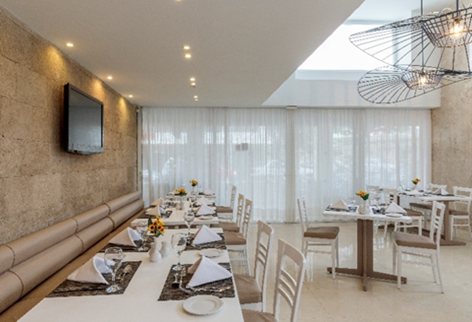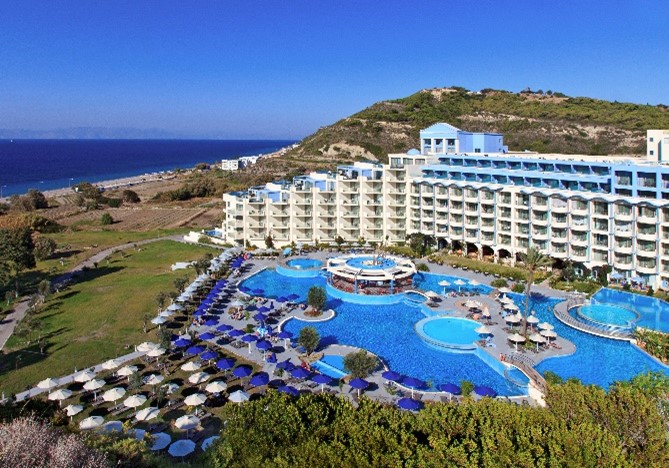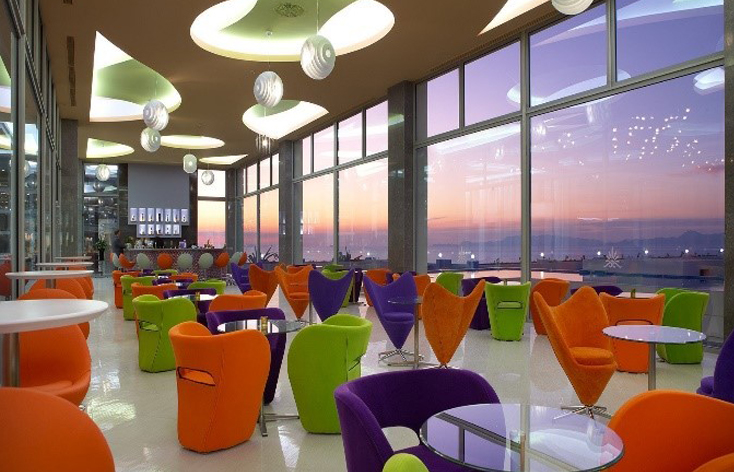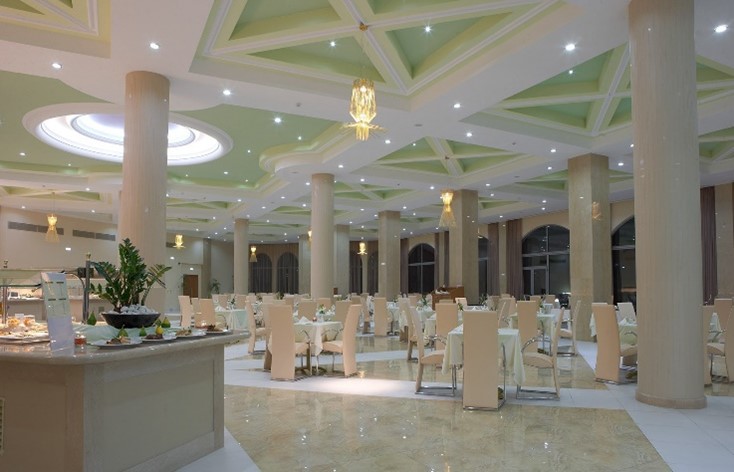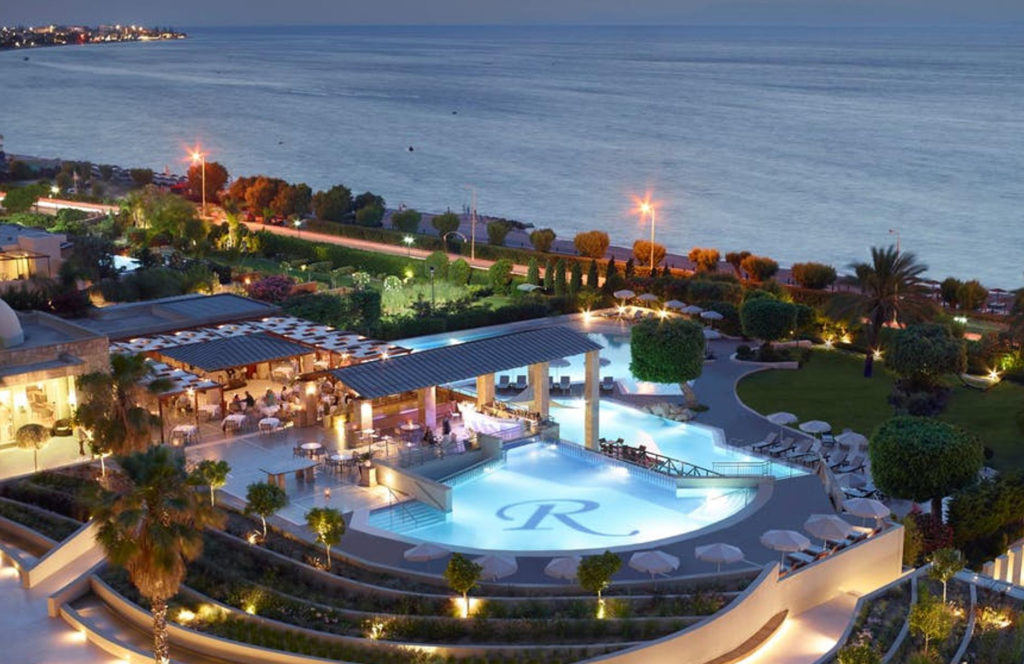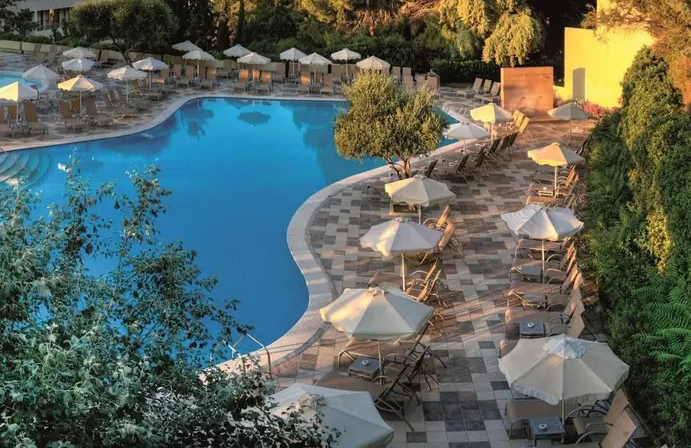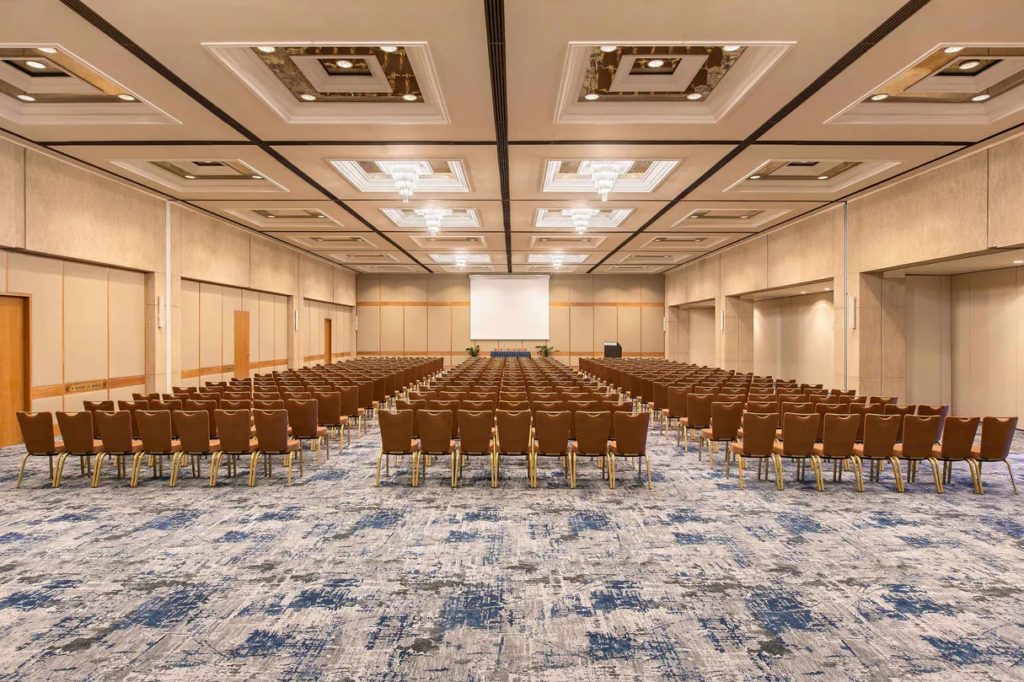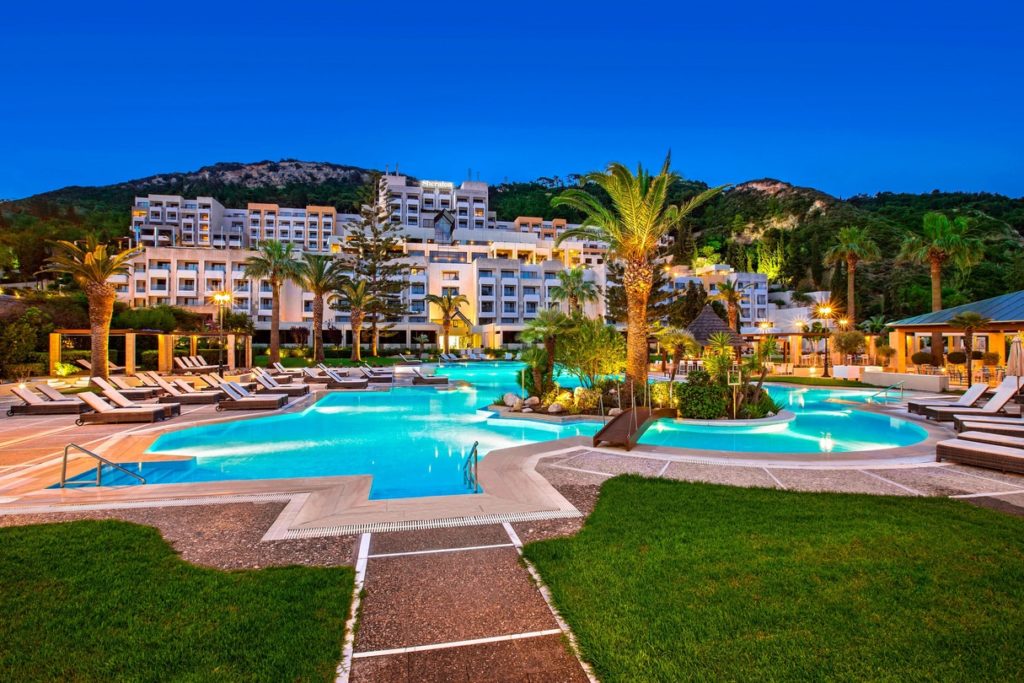
Call for SP Grand Challenges
Call for Signal Processing Grand Challenge Proposals
IEEE International Conference on Acoustics, Speech, & Signal Processing (ICASSP 2023)
Grand Challenge Chairs
Alexander Bertrand, KU Leuven, Belgium
Ozlem Kalinli, Meta AI, USA
The 2023 International Conference on Acoustics, Speech, & Signal Processing (ICASSP) invites proposals for its Signal Processing Grand Challenges (SPGC) program. ICASSP is the flagship conference of the IEEE Signal Processing Society and will be held in Rhodes Island, Greece, from June 4 to June 9, 2023. It will offer a comprehensive technical program presenting all the latest developments in research and technology for signal processing and its applications. Featuring world-class oral and poster sessions, keynotes, plenaries and perspective talks, exhibitions, demonstrations, tutorials, short courses and satellite workshops, it is expected to attract leading researchers and global industry figures, providing a great networking opportunity.
SPGC Program Guidelines
Proposal: Prospective SPGC organizers should include the following items in their proposal (please limit it to 6 pages):
- One-page call for participation;
- Signal Processing Grand Challenge description;
- Description of the dataset provided for training and evaluation, evaluation criteria and methodology, guidelines for participants, and submission deadline
- List of potential participants.
The submission of SPGC proposals happens via the ICASSP paper submission system (CMT) through this link.
Participation: Grand Challenge organizers should facilitate participation, communication, and impact. Grand Challenge organizers are not allowed to participate in the competition they are organizing.
Dataset: If applicable to the challenge, organizers should make the competition datasets available to the participants. Organizers are encouraged to provide at least one training dataset with both input and ground truth and one test dataset without the ground truth—the latter to be used for final assessment. A secondary test set for evaluation, which is not available to participants, is also encouraged to highlight the generalizability of their approach. It is encouraged to also include a standard algorithm/model to serve as a baseline and for illustrative purposes.
Evaluation: How the results are evaluated and ranked should be announced along with the challenge description. During the competition, the participants and organizers have to follow the challenge’s criteria carefully. The evaluation methods should be unbiased and transparent to all participants. Regular update of ranking is also encouraged via management platforms such as Kaggle or Piazza. Provision of baseline approaches and evaluation metrics is encouraged. Each SPGC would have around 2-3 months to run the competition and rank/select winning teams.
SPGC Papers: The challenge organizers will present an overview of their SPGC at ICASSP-2023 during a dedicated session, and will also be invited to submit a challenge overview paper to the IEEE Open Journal of Signal Processing (OJ-SP). The paper should describe the challenge context, data sets, and the challenge results. In addition, the challenge organizers will invite the top 5 ranked teams of their SPGC to submit a 2-page paper and present it at ICASSP-2023 (accepted papers will be in the ICASSP proceedings, the review process is coordinated by the challenge organizers and the SPGC chairs). Both the overview presentation of the challenge organizers and each of the 2-page summary papers should be covered by an ICASSP registration. The teams that present their work at ICASSP are also invited to submit a full paper about their work to OJ-SP.
All submitted OJ-SP papers will undergo peer review by the OJ-SP Editorial Board, in collaboration with the IEEE SPS CDC committee and ICASSP-2023 GC Chairs. OJ-SP is a fully open-access publication of the IEEE Signal Processing Society, with a scope encompassing the full range of technical activities of the Society. A limited number of article processing charge (APC) waivers for SPGC-related papers will be available upon request.
SPGC Sessions: SPGC organizers should organize accepted SPGC papers into their own 2-hour SPGC session in the ICASSP 2023 program. This session should include SPGC paper presentations (oral or poster), typically followed by a panel or open discussion. At the end of the session, the organizers should announce the winners of the competition.
Contact Information: For inquiries please contact the SPGC committee via grandchallenges@2023.ieeeicassp.org
Representative from the IEEE SPS CDC committee: Patrice Abry
Important Dates
| Grand Challenge Proposal Submission | November 9, 2022 |
| Grand Challenge Proposal Acceptance Notification | November 21, 2022 |
| Grand Challenge 2-page Papers Due (by invitation only) | February 20,2023 |
| Grand Challenge 2-page Paper Acceptance Notification | March 7, 2023 |
| Camera-ready Grand Challenge 2-page Papers Due | March 14, 2023 |
| Grand Challenge OJ-SP Papers Due (by invitation only) | August 9, 2023 |

